7 houseplants you should never place in a bedroom — They could be damaging your sleep
Do you have any of these houseplants in your bedroom? They could be damaging your sleep
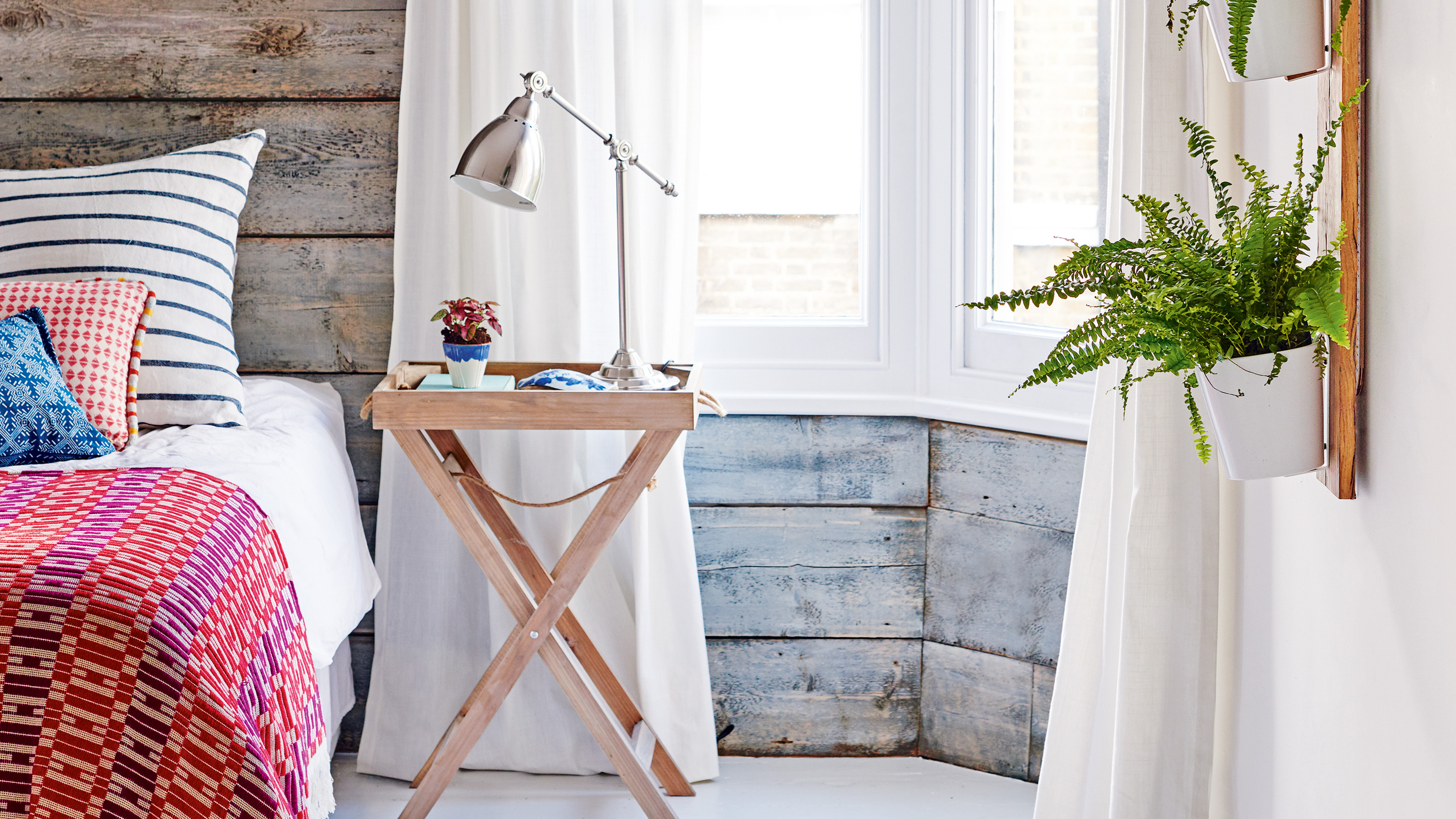

Did you know there are some houseplants you should never place in a bedroom? Us neither – but it turns out that some plants can reduce your sleep quality while others will never thrive in a bedroom environment.
There are a few houseplants that you should never place in a bedroom including those that require high levels of humidity, release CO2 or trigger allergies. When looking for the best plants for the bedroom, the varieties listed below will guide you in the right direction, helping you avoid those ill-suited to this space.
If you already have one of these plants in your bedroom, consider moving them to a new room. Just because these houseplants shouldn't be placed in a bedroom it doesn't mean you can't have them elsewhere in your home, for example, houseplants you should never place in a bedroom, like ferns, can be perfectly at home as part of bathroom designs or living room houseplant ideas.
This can help the plant to prosper and you get a better night's sleep, it's a win-win.
1. Fern
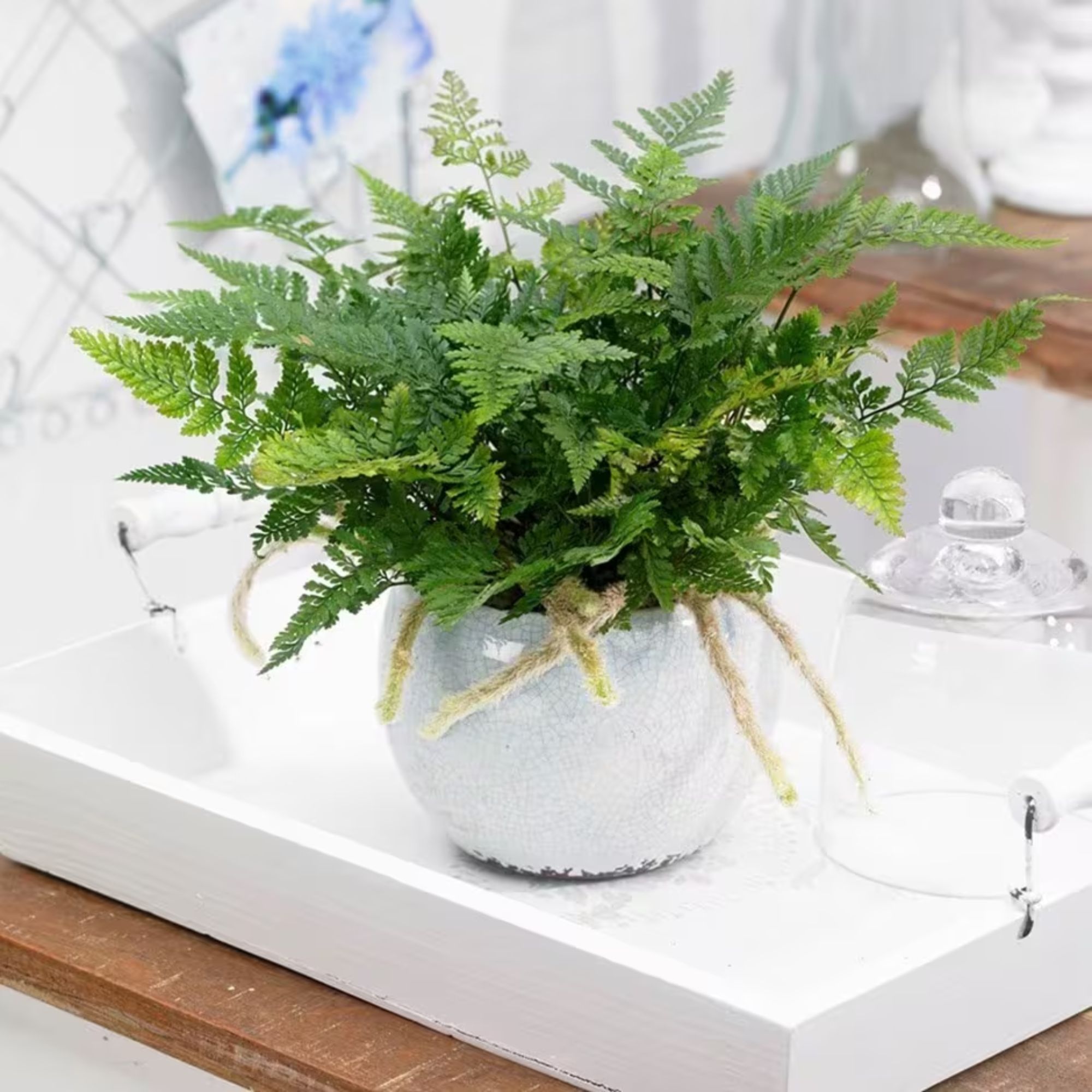
Ferns are a favourite houseplant, loved for their unique leaves and character. However, they aren't well-suited to a bathroom. If you know how to care for button fern and blue star ferns, then you'll know that they need humidity to thrive and this makes them one of the houseplants you should never place in a bedroom.
'Ferns, like Boston fern and maidenhair fern, need a humid atmosphere which could impair sleep, particularly if you have breathing difficulties. The humid atmosphere can also encourage the growth of black mould which is very detrimental to health,' explains Angela Slater, gardening expert at Hayes Garden World.
2. Bonsai
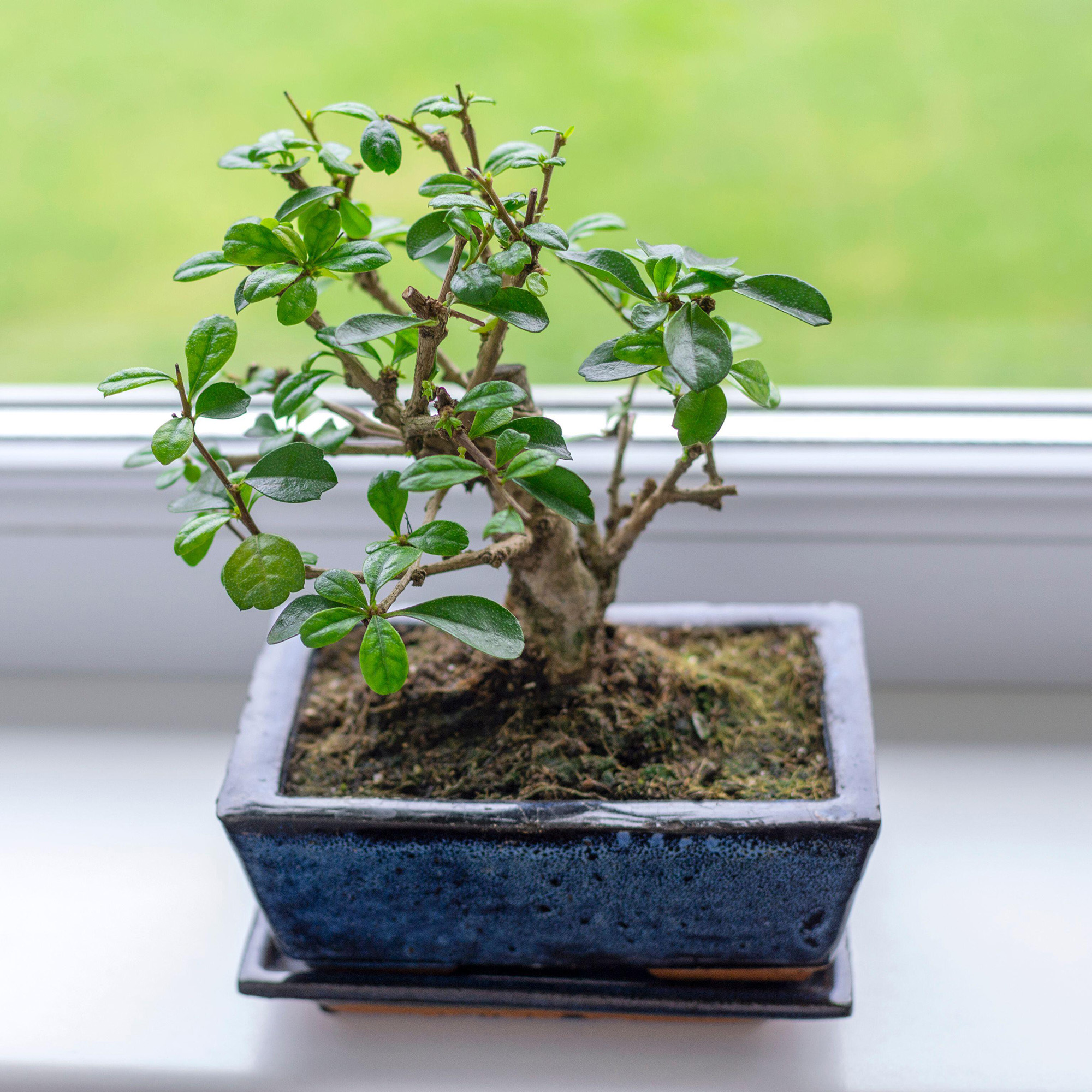
Bonsai trees are a form of art and can make for a stunning addition to the home, however, they are best suited to living rooms and offices rather than bedrooms.
Get the Ideal Home Newsletter
Sign up to our newsletter for style and decor inspiration, house makeovers, project advice and more.
'At night, bonsais switch to releasing CO2 rather than oxygen due to the lack of sunlight, which is the opposite of what we want when introducing houseplants in the bedroom to promote restful sleep,' says Andy Little, the Houseplants Buyer at British Garden Centres.
Instead, consider adding one of the best air-purifying indoor plants to your bedroom. Peace Lilies – like these from YouGarden – are a beautiful choice.
3. Large-leaved jungle plants
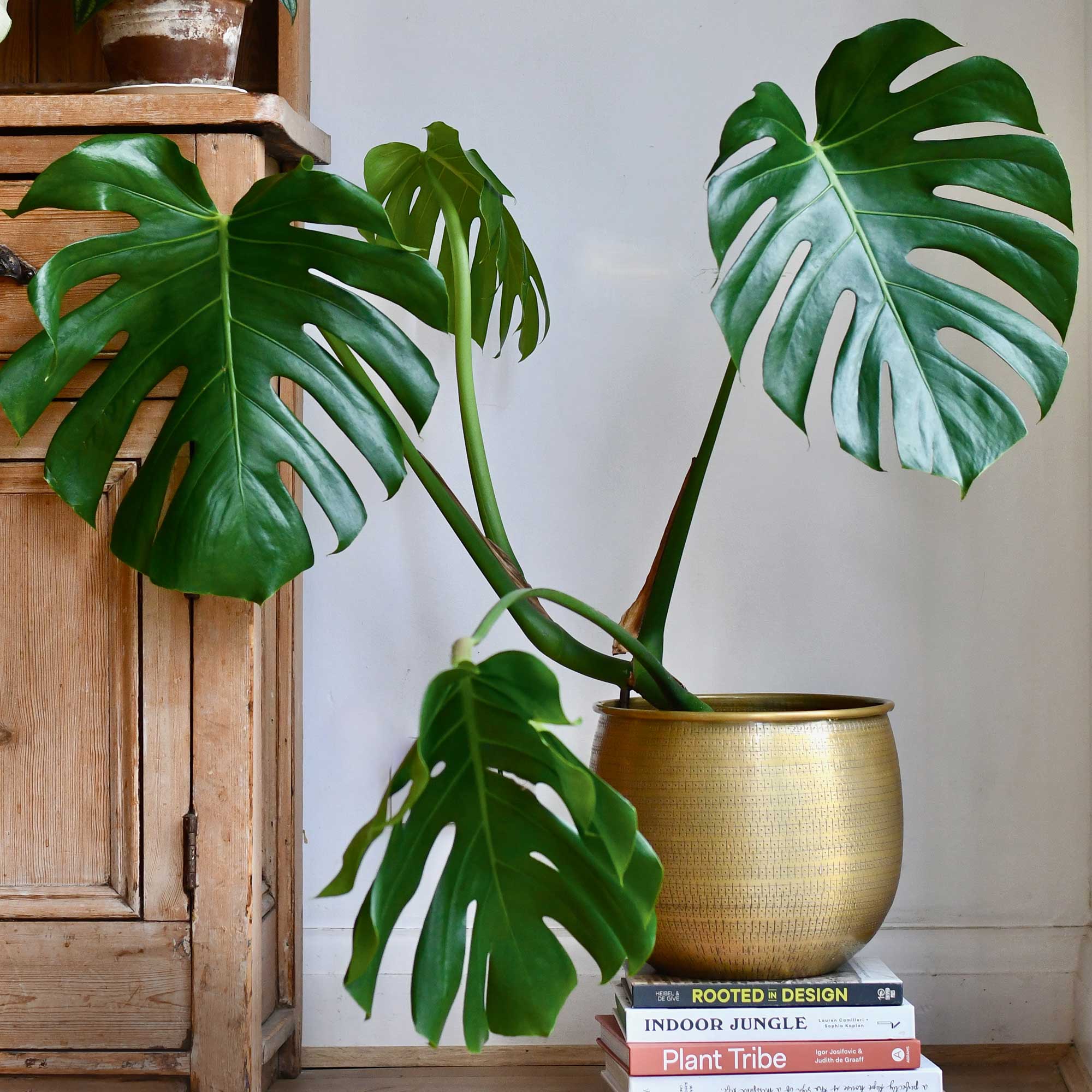
Large-leaved houseplants are some of the most Instagrammable houseplants and are among Ideal Home's Garden Editor's favourite houseplants. However, they are also houseplants you should never place in a bedroom.
'Large-leaved jungle plants, such as Colocasia, Monsterra and maranta thrive in a warm steamy atmosphere, so are not suitable for a bedroom as they always need high humidity, which is not conducive to a good night’s sleep,' says Angela Slater, gardening expert at Hayes Garden World.
While ill-suited for a bedroom, their love of humidity makes large-leaved tropical houseplants some of the best bathroom plant ideas.
If you want a statement houseplant for the bedroom, instead consider snake plants – Crocus sells a 90cm tall variety which will reach up to 1.2 metres tall.
4. Jasmine
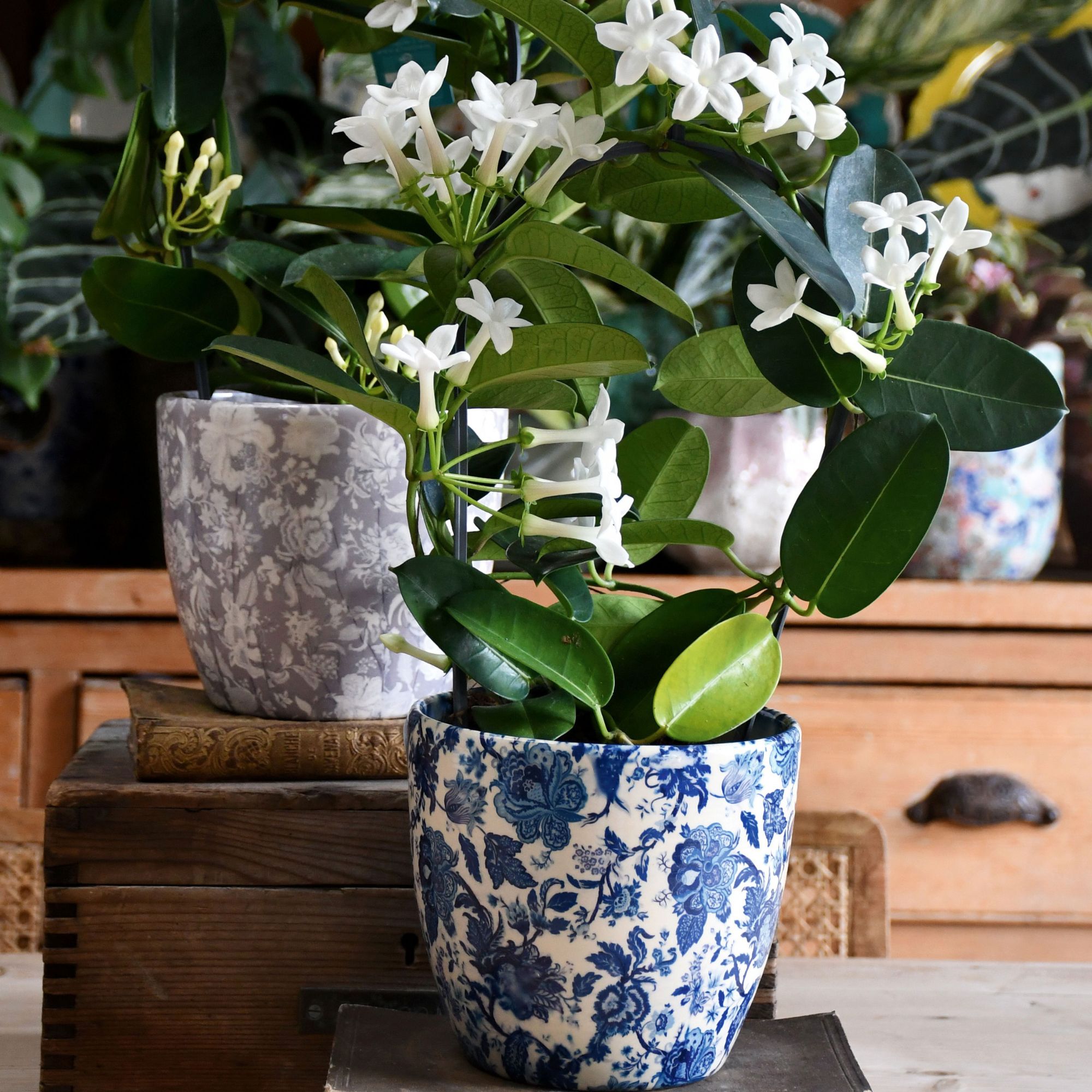
When choosing a plant for a bedroom, it is important to think about how the plant impacts the space as well as whether it will thrive in the environment. For example, highly scented plants are among the houseplants you should never place in a bedroom – especially if you have allergies or are a hayfever sufferer.
'Stephanotis – or Madagascar Jasmine – is loved for its scent. While some consider it to be calming, the heady fragrance could impact sleep quality,' says Andy Little, the houseplant buyer at British Garden Centres. 'In some cases, the strong fragrance can trigger allergies or cause headaches.'
Craig Wilson from Gardener’s Dream, seconds this, and instead suggests a lavender plant. 'It offers a softer scent which is known for its calming properties and is easier to care for indoors.'
Lavandula Intermedia Phenomenal – available from Thompson & Morgan – is known for its fragrance and beautiful blooms.
5. Cacti
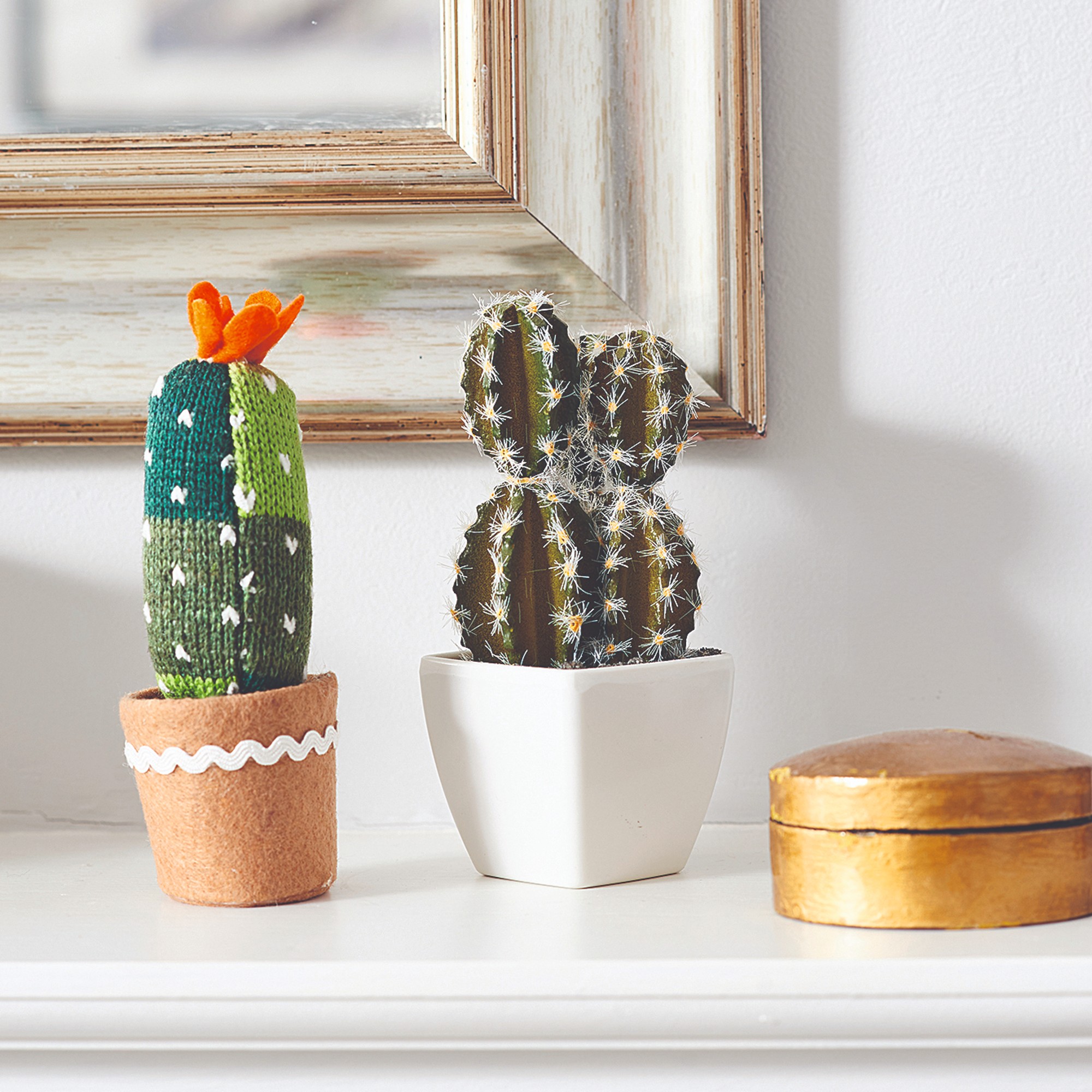
Houseplants don't get easier to care for than cacti – the ultimate unkillable houseplant – however, they aren't necessarily the best fit for a bedroom.
'Their sharp spines make them less than ideal for bedrooms - especially in smaller bedrooms where an accidental brush against them could lead to injury,' says Craig Wilson from Gardener’s Dream.
'Feng Shui principles also suggest avoiding cacti in bedrooms, as their spiky nature is believed to create a restless and tense environment. Instead, opt for a softer, more calming plant like a ZZ plant.'
ZZ plants – like this available from Gardening Express – are just as unkillable as cacti but are much softer and more forgiving if you brush past them.
6. Ficus
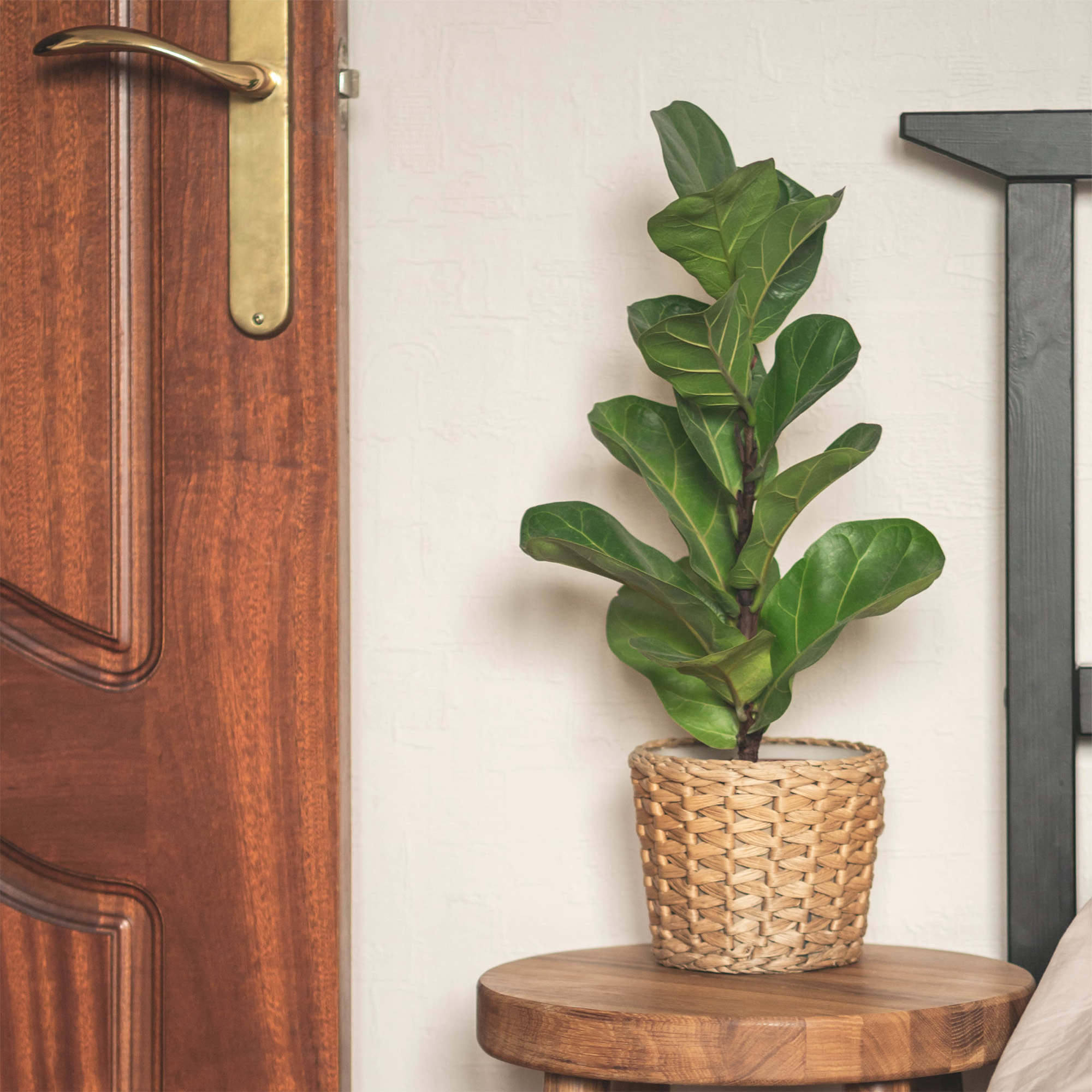
When you're figuring out how to care for fiddle leaf fig, it might surprise you to discover that they shouldn't be placed in a bedroom.
'Ficus trees, also known as Weeping Fig, are a striking addition to any home, but they’re not ideal for bedrooms. Their sap contains compounds that can trigger allergies or skin irritation, especially for those sensitive to latex. Additionally, they require bright, indirect light and can struggle to grow in low-light bedrooms. If you’re looking for a low-maintenance, bedroom-friendly plant, consider a snake plant instead,' explains Gardener’s Dream's, Craig Wilson.
Suttons stock a range of different snake plants including Sansevieria zeylanica which has ruffled leaves with dark green markings.
7. Areca palms
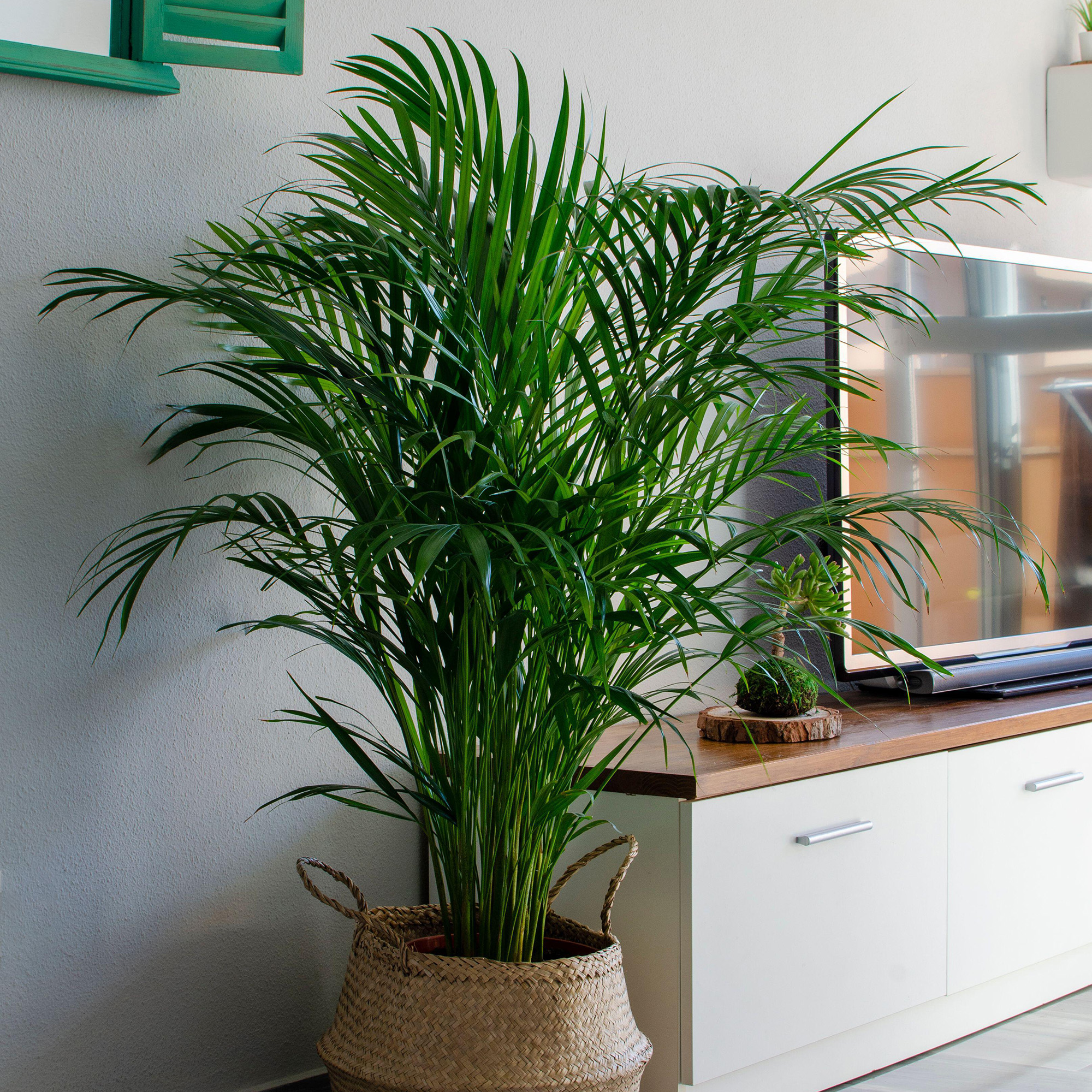
Plants that increase humidity, like areca palms, should be avoided in a bedroom.
'In a bedroom, too much moisture can lead to condensation and even mould growth if ventilation is poor. They also require regular watering and misting, making them a higher-maintenance choice,' says Gardener’s Dream's Craig Wilson.
'If you love the look of a palm, a Kentia Palm is a better option for bedrooms as they’re more tolerant to drier air,' recommends Craig. Kentia Palm is a beautiful structural houseplant – available at Gardening Express.
Removing plants the increase humidity is a great way to stop damp in a bedroom and instead turn to the best plants for reducing condensation and damp.
FAQs
What are the best houseplants for a bedroom?
The best houseplants for a bedroom include:
- ZZ Plant
- Rubber Plants
- Lavender
- Kentia Palm
Is it unhealthy to have plants in your bedroom?
No, it is not unhealthy to have plants in your bedroom. In fact, houseplants are one of the best bedroom design tips for better sleep.
Get the right houseplant and it can actually be healthy to have plants in your bedroom. Houseplants are known for reducing stress and creating a relaxing atmosphere – both essential components in achieving a good night's sleep.

Holly is one of Ideal Home’s content editors. Starting her career in 2018 as a feature writer and sub-editor for Period Living magazine, she has continued this role also adding regular features for Country Homes & Interiors and the Ideal Home website to her roster. Holly has a passion for traditional and country-inspired interiors – especially kitchen design – and is happiest when exploring the countryside and hills of the Lake District. A keen gardener, she is a strong believer that you can never have too many houseplants.
You must confirm your public display name before commenting
Please logout and then login again, you will then be prompted to enter your display name.
-
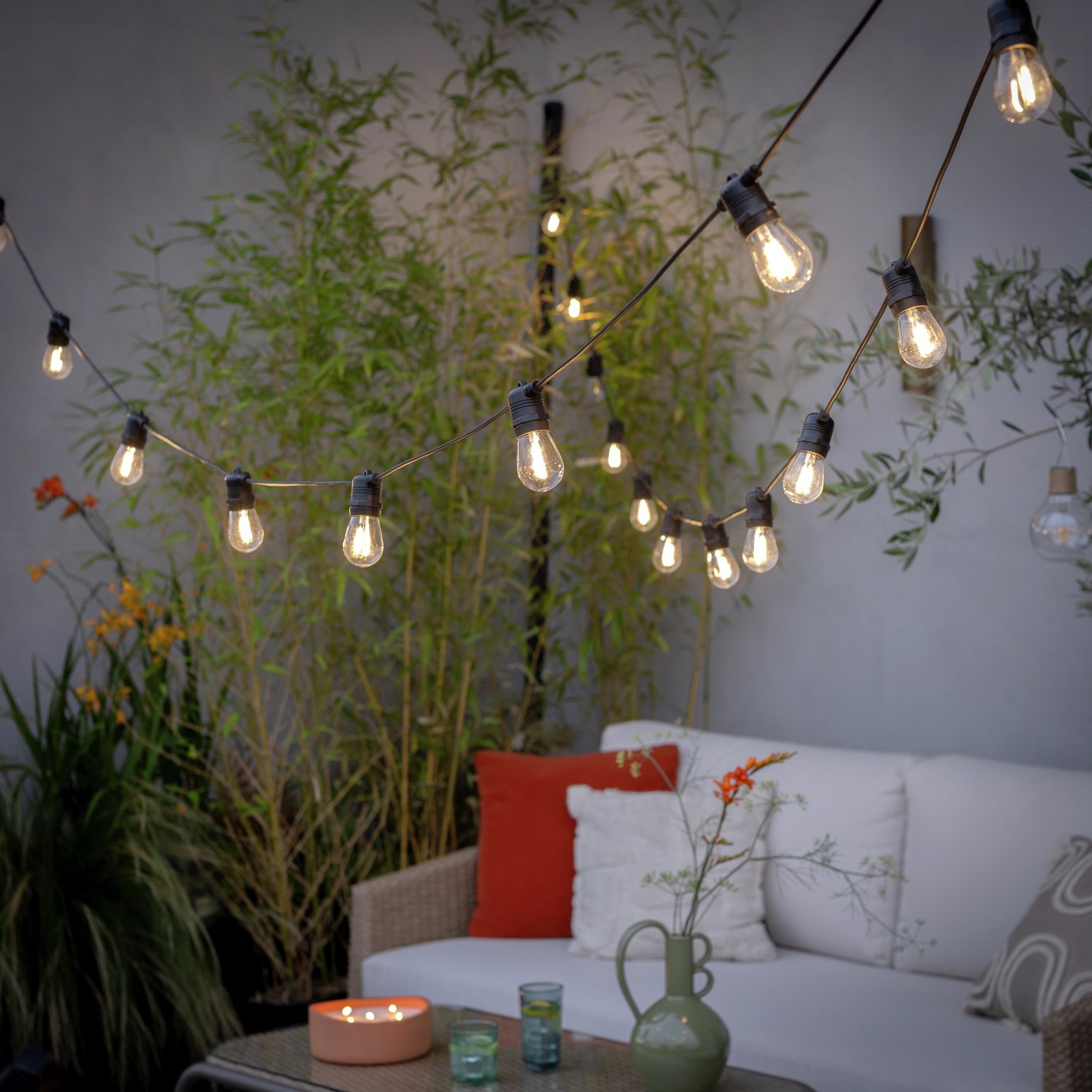 The 6 outdoor lights from Habitat that I'm choosing between to make my outdoor space look more expensive this summer
The 6 outdoor lights from Habitat that I'm choosing between to make my outdoor space look more expensive this summerI couldn’t believe some of the prices
By Ellis Cochrane
-
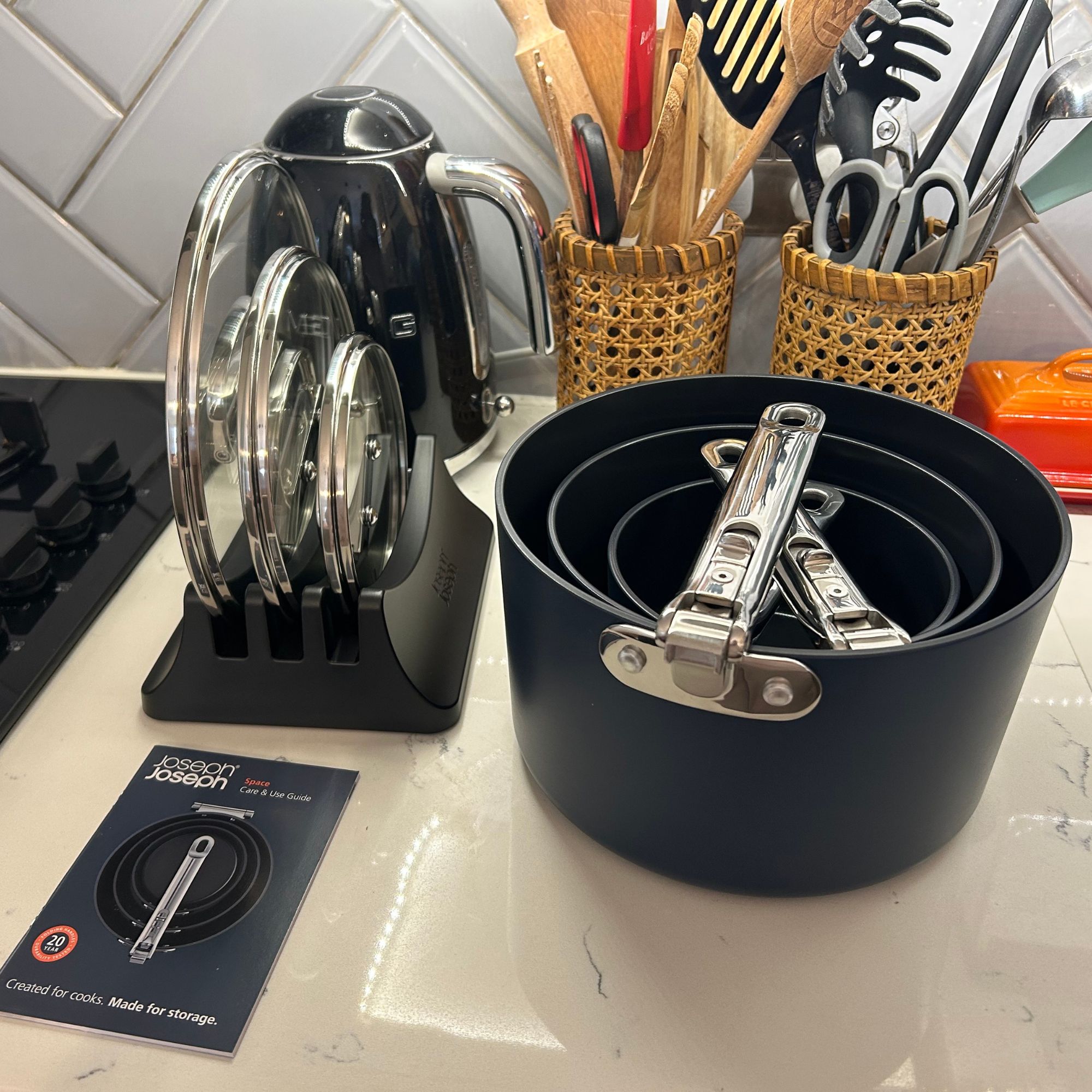 Joseph Joseph 3-piece Saucepan review – seriously space-saving
Joseph Joseph 3-piece Saucepan review – seriously space-savingSmall kitchen? I tested this innovative Joseph Joseph space-savvy set which has foldable handles — and I loved it
By Annie Collyer
-
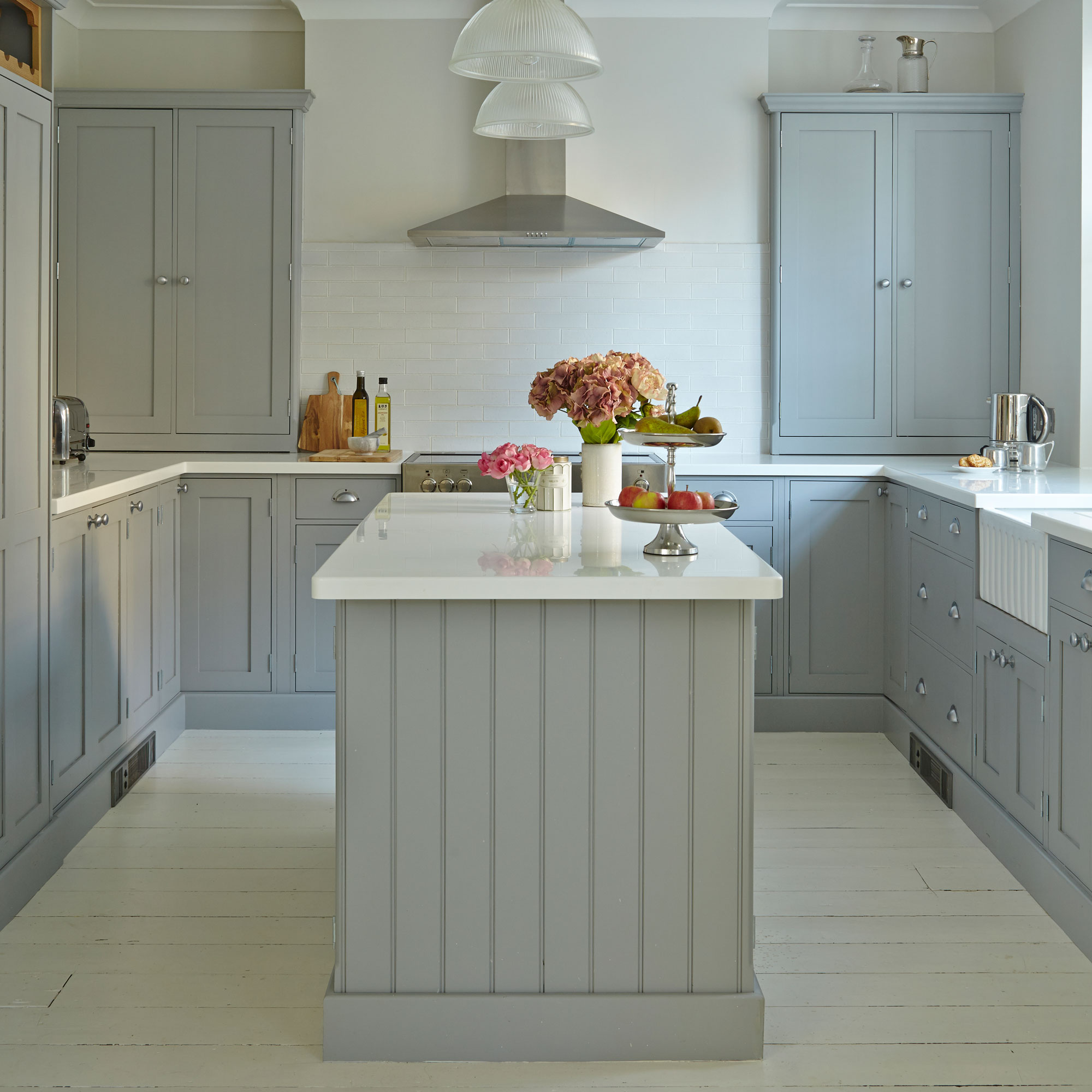 Forget seating, this is how you should be making the most out of your kitchen island in 2025
Forget seating, this is how you should be making the most out of your kitchen island in 2025Seating doesn't always have to be a necessity on an island when you can choose these ideas instead
By Holly Cockburn